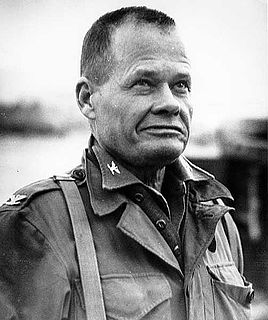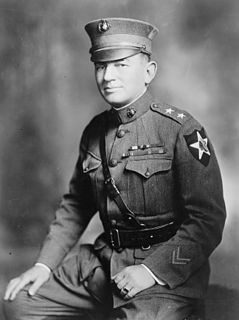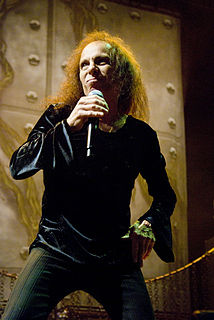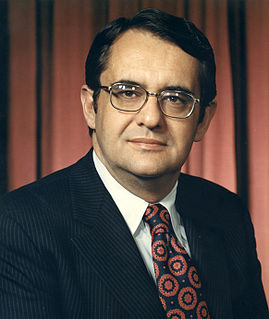A Quote by Chesty Puller
I've always believed that no officer's life, regardless of rank, is of such great value to his country that he should seek safety in the rear... Officers should be forward with their men at the point of impact.
Related Quotes
The relationship between officers and men should in no sense be that of superior and inferior, nor that of master and servant, but rather that of teacher and scholar. In fact, it should partake of the nature of the relationship between father and son, to the extent that officers, especially commanding officers, are responsible for the physical, mental, and moral welfare, as well as the discipline and military training of the young men under their command.
Why do people speak of great men in terms of nationality? Great Germans, great Englishmen? Goethe always protested against being called a German poet. Great men are simply men and are not to be considered from the point of view of nationality, nor should the environment in which they were brought up be taken into account.
Where the very safety of the country depends upon the resolution to be taken, no consideration of justice or injustice, humanity or cruelty, nor of glory or of shame, should be allowed to prevail. But putting all other considerations aside, the only question should be: What course will save the life and liberty of the country?
I have long believed that Israel should seek to give up the so-called Occupied Territories in return for security, and that a Palestinian state should be established. I have felt that way all my life. I think it is unreasonable to ask the Israelis to do this in a context where there is no guarantee at all that suicide bombers will be controlled.





































